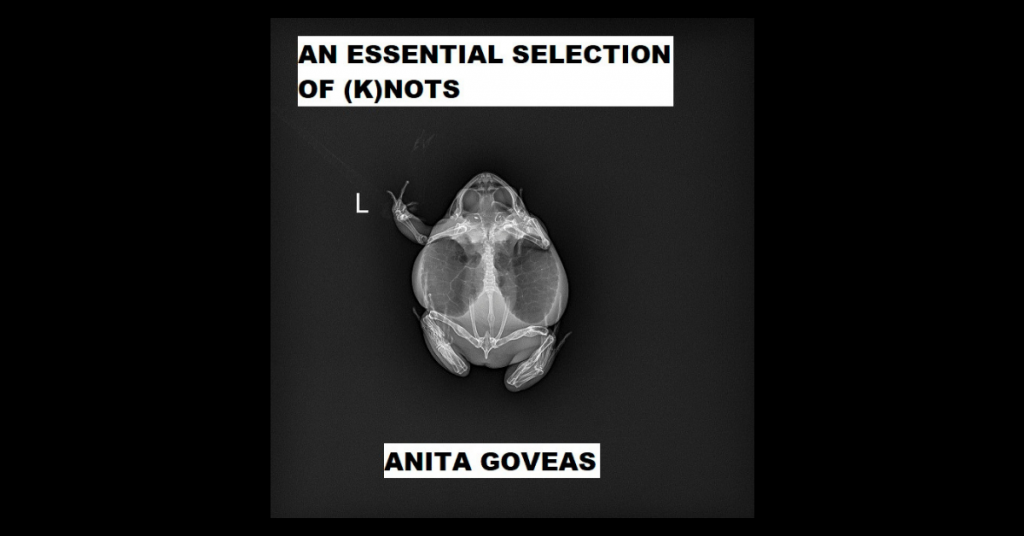How to tie a Slip Knot
A simple loop in a piece of rope, this functions well by itself on the surface. It’s easy to undo, remake. The void it creates is reaching out for something, wanting purpose, to be entwined. Some may tell you it cannot be defined, but these are the people who tell tales of elusive mermaids and fiercely protective sea-serpents.
How to tie the Fisherman’s Knot
Tie a loose knot with the working end of a rope around another rope. Best used to tie two separate but equal pieces together quickly, but not so quickly that they don’t know what they’re getting into. Can be pulled in two different directions to test it, such as thinking of long nights at sea with the world rocking under your feet versus searching for the salty taste of zephyrs.
How to tie the Backup Knot
If you have established the Fisherman’s Knot will probably hold, but it is inexplicably filled with yearning for something it cannot touch and can hardly describe, wrap the free end of a rope around an extra piece. Work the end back to the primary knot, for extra security against slippage such as dreams filled by the memory of water droplets against scales.
How to tie the Water Knot or Ring Bend
This is the best knot for webbing, for straps or harness, not for unexpected connective tissue developing between fingers or toes, or other throwbacks. Tie an overhand knot in one end leaving a measured length free, for a given definition of freedom that changes every day. Retrace the knot in the opposite direction and pull tight. Be sure to inspect for signs of slippage such as falling into stagnant water and not coming up for air.
How to tie the Constrictor Knot
If tied carefully, it grips to itself and cannot be undone. One mistake and many years of hard work can be released like an oyster expelling its pearl. Starting in front of the desired object, wrap from right to left, bind and cross over. Remember to make enough eye-contact for dominance but not so much that it makes you consider the impact of these actions.
Repeat until there is no searching, no dreaming, no falling. Revel in the rawness as the rope burns your hands. Ignore the voices chanting that the more you try and hold onto something that doesn’t belong to you, the more likely it is to find a way to slither out of your grasp.

